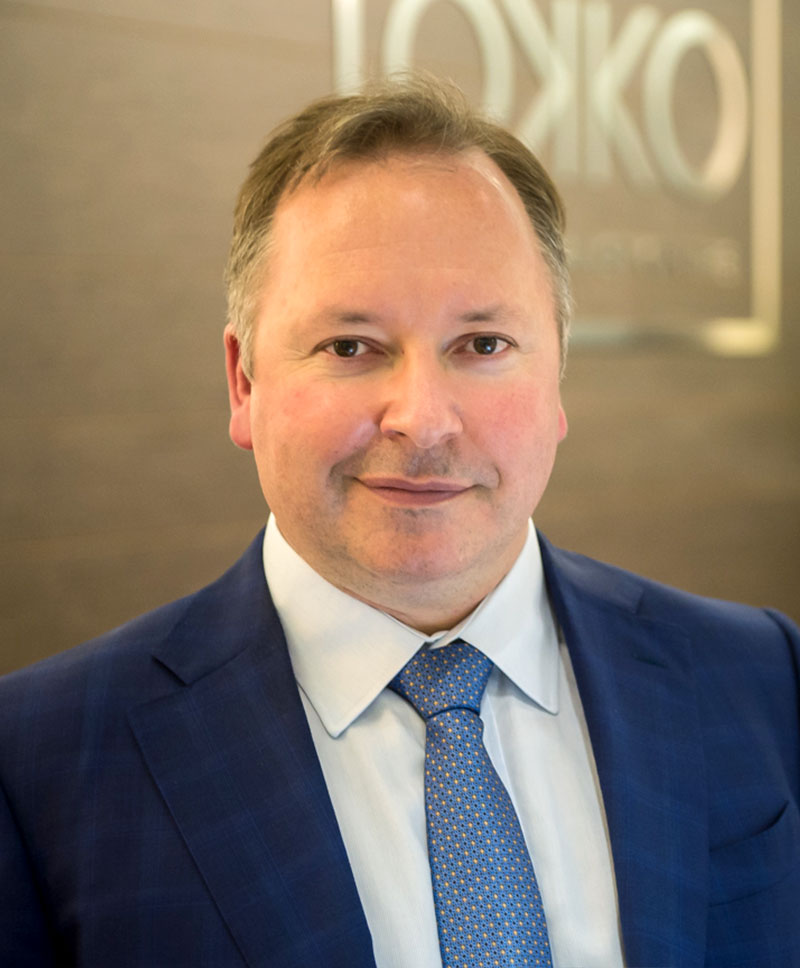
Can I exercise after ICL surgery?
ICL surgery or implantable contact lens surgery is a procedure that can help you restore your vision if you’re suffering from refractive errors like shortsightedness, longsightedness, or astigmatism. It’s a quick and effective procedure that involves implanting a lens into your eye to correct any vision problems.
If you’re set to undergo ICL surgery, you may be wondering when you can resume exercise post op. In this blog post, we’ll answer that question and guide you through the recovery process.
What is ICL surgery
ICL surgery is a fantastic choice for people who can’t have laser eye surgery. Sometimes, a person’s eyes are not right for laser surgery. This can happen if their cornea, the clear front part of the eye, is too thin or their prescription is too high. ICL stands for “implantable contact lens”. It’s like having contact lenses, but they go inside your eye instead of sitting on top. This helps people see clearly without glasses or regular contact lenses. The best part? It’s safe, doesn’t hurt your eye, and can be reversed if needed. ICL surgery gives many people a chance to see clearly when laser eye surgery isn’t an option for them.
Exercising immediately after surgery
Immediately after surgery, it’s crucial to rest your eyes. You may experience blurry vision and some discomfort, but this is normal during your recovery period. Your vision will gradually improve, but you need to avoid any activities that could strain your eyes for the first few days. This means avoiding strenuous exercise, such as running or weight lifting, for at least a week after the surgery.
During this period, it’s important to use eye drops as prescribed to help the healing process and prevent dry eyes, a common post-surgery condition.
The First 24 to 48 Hours
In the first 24 hours to 48 hours post-surgery, your focus should be on allowing your eyes to begin the healing process. During this time, avoid rubbing your eyes and any form of exercise or activities that could lead to eye strain or increased pressure in your eyes. Remember, your eyes are particularly vulnerable during this initial period, and taking it easy is key to a successful recovery.
Low-impact activities
After the first week, you can start to engage in light exercises such as yoga or brisk walking. However, be careful not to strain your eyes too much. You should still avoid jumping, bending, lifting heavy weights, or doing any exercise that puts stress or pressure on your eyes. If you feel any discomfort or pain during or after your workout, stop immediately and consult with us or your doctor.
Moderate exercise
After a month or two, you may slowly increase the intensity of your workouts. If you engage in activities that require protective goggles, make sure you wear them at all times. If you experience any discomfort or vision problems during exercise, we highly recommend that you consult your doctor before continuing.
Long-term recovery
It may take up to six months1https://www.tandfonline.com/doi/abs/10.1080/02713683.2019.1701690 for your eyes to fully heal after ICL surgery. Be patient and take good care of your eyes during this time. Avoid any form of exercise or physical activity that could cause strain or trauma to your eyes for at least the first month. Gradually increase your activity level as your vision improves and as your doctor advises.
ICL surgery is a breakthrough technology that can help you regain your vision and improve your quality of life. However, giving your eyes enough time to fully recover before returning to strenuous activities is crucial. To find out more about ICL surgery, book a free assessment with us.

Hi, I’m Dr. Matthew Russell, a laser and cataract surgeon
HI I’M DR. MATTHEW RUSSELL A LASER EYE AND CATARACT SURGEON
With over 15 years of experience, I enjoy the privilege of helping patients of all ages reclaim clear vision or preserve it for as long as possible.
Vision correction and high-precision cataract surgery hinge on the expertise and skill set of the provider who also has access to the most precise tools for the job. Ophthalmic surgeons like me know how to make treatment safe, comfortable and positive for the patient. They know how to minimise the risk of complications and maximise successful outcomes.
I have a passion for helping my patients enjoy the clear, high-definition vision they need to live rich and active lives. Now, I have hand-picked a team of professionals that share my passion and commitment to exceptional care.
Dr. Matthew Russell
MBChB, FRANZCO





